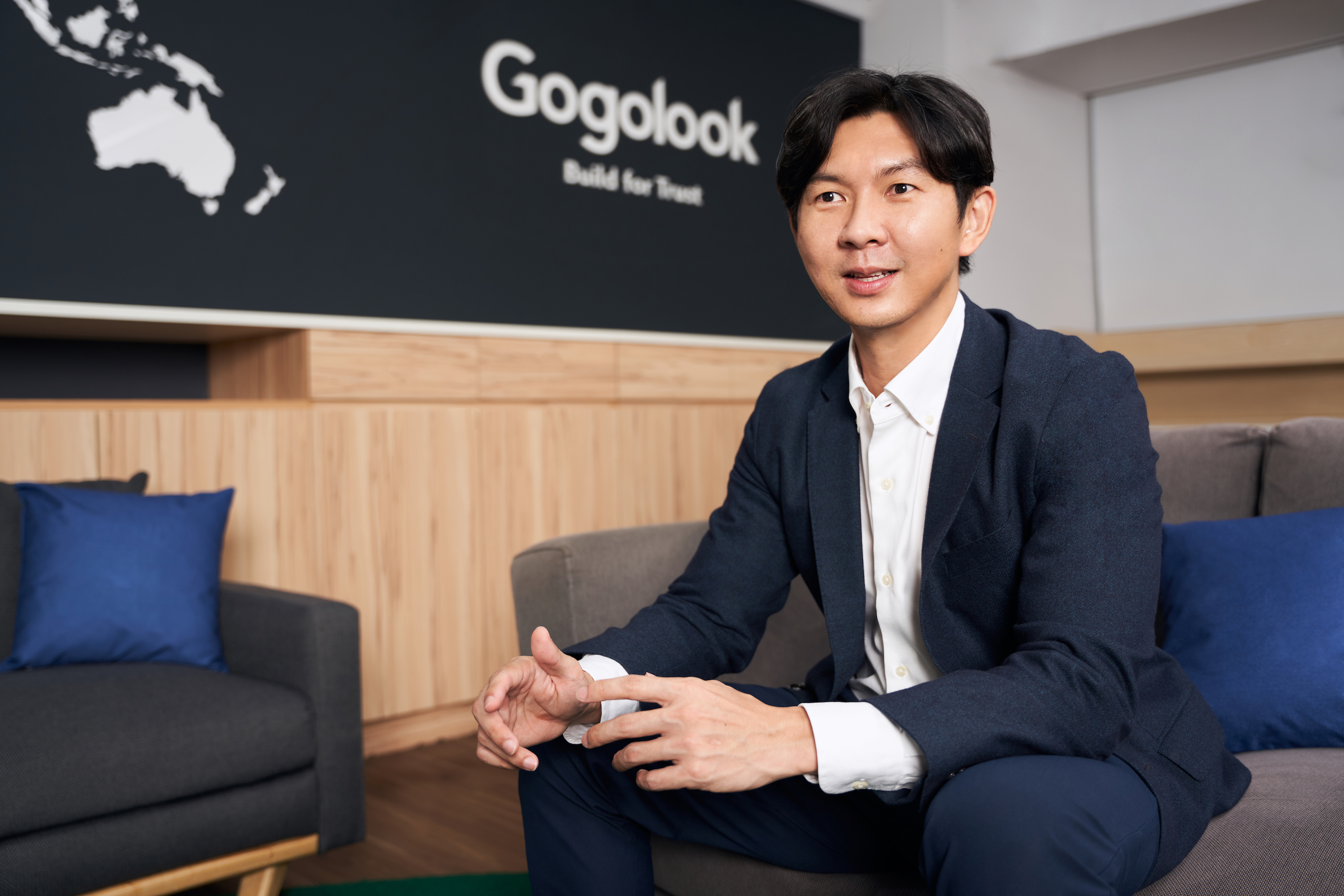By Jeff Kuo, CEO and co-founder of Gogolook
Imagine a finance worker deceived out of US$25 million by a deepfake video impersonating their CFO. This disturbing scenario highlights the evolving nature of digital scams in Asia, where rapid digital expansion has provided fertile ground for malicious activities. Individuals are increasingly vulnerable to phishing attempts, AI-powered deepfakes, and various online cons. As scams continue to advance, a critical question arises: Is Asia prepared to confront this growing threat?
Asia under siege
The 2023 Asia Scam Report by The Global Anti-Scam Alliance (GASA) and Gogolook paints a troubling picture. Over 60% of Asians — more than 2.4 billion people — face at least one scam attempt every week. The average number of scam calls and SMS received per person in Asia has also risen from 8.9 times in 2020 to 15 times in 2022, reflecting an annual growth rate of 29.8%. While traditional scams via calls and SMS persist, the battleground is rapidly extending to online platforms. Messaging apps such as WhatsApp, Telegram, and Line, as well as social media platforms like Facebook and Instagram, have become fertile grounds for these malicious activities.
Adding fuel to the fire are AI-powered deepfakes. A recent report revealed a staggering 15x surge in detected deepfakes in Asia-Pacific in 2023 alone, making scams more sophisticated and convincing than ever. This calls for robust countermeasures and heightened public awareness to safeguard people effectively.
Collaborative defense offers hope
Thankfully, Asian governments and organizations are not sitting idly by. Malaysia, for instance, doubled the allocation for the National Scam Response Centre —a one-stop operational center to coordinate rapid responses to online financial fraud— to RM20 million in 2024. With a dedicated emergency hotline, 997, victims of online scams can now get immediate assistance. Understanding the importance of collaborative efforts, Malaysia signed an MOU with Singapore on 25 February 2024 to strengthen cooperation in tackling scams across telecommunications channels.
Meanwhile, Gogolook, the developer of Whoscall, an anti-scam app endorsed by the Royal Malaysia Police (PDRM), has significantly impacted its Malaysian users. The app equips individuals with tools to identify and block scam calls and messages. Whoscall's integration with Malaysia’s growing anti-scam infrastructure adds an essential layer of defense, making it easier for users to detect and avoid scams.
Malaysia is just one piece of the regional puzzle. Countries like Thailand and the Philippines have also established dedicated departments and nationwide campaigns to empower their citizens against cybercrime.
Private sector contributions are equally crucial in the fight against scams. Various Asian government agencies and organizations, in collaboration with Gogolook, have signed MOUs to enhance regional defenses. These initiatives promote the use of anti-fraud technologies and foster strategic partnerships for collaborative research. Key participants include the Royal Malaysia Police (PDRM), CyberSecurity Malaysia (CSM), the Royal Thai Police, the Cybercrime Investigation and Coordinating Center (CICC) in the Philippines, and Taiwan’s National Police Agency.
Bridging the Awareness Gap
Significant challenges in combating scams persist, primarily due to a lack of public awareness. Many individuals are unfamiliar with evolving scam tactics, making them vulnerable to sophisticated phishing and online cons. Limited cross-border collaboration further complicates data sharing and tracking of scam networks.
To address this, governments, companies, and organizations must collaborate to develop educational materials, training programs, and ongoing anti-scam campaigns. Empowering individuals with knowledge is crucial for effective defense.
Regional initiatives, such as the ASEAN Working Group on Anti-Online Scam and the 2023 Regional Anti-Scam Conference, focus on capacity building and information sharing. Partnerships between the Global Anti-Scam Alliance (GASA) and Gogolook, along with the first Anti-Scam Asia Summit, are establishing a regional ecosystem for fraud prevention. Ongoing efforts to create information-sharing platforms and facilitate cross-border expertise exchange are essential for dismantling transnational scam networks.
Unity Key to a Secure Future
The battle against digital scams is ongoing, but unity can provide an advantage. By investing in public awareness and fostering regional collaboration, we can create a safer digital environment for all of Asia. Vigilance and adaptability are critical to effectively combat this evolving threat, making it imperative to act now.
About the writer

Jeff Kuo is the CEO and co-founder of Gogolook and the Director of Asia at the Global Anti-Scam Alliance (GASA). With over 10 years of management experience, he has led Gogolook’s global expansion and growth. In 2020, he received Taiwan’s Presidential Innovation Award, and in 2022, he became the director of the SaaS Working Group at the Taiwan Internet and E-commerce Association (TiEA), contributing to the anti-fraud industry.
This content is provided by Whoscall.
The views expressed here are those of the author/contributor and do not necessarily represent the views of Malaysiakini.
Interested in having your announcements on Malaysiakini? Contact the announcements team at [email protected] or WhatsApp on +60 17-323 0707 for urgent matters.

